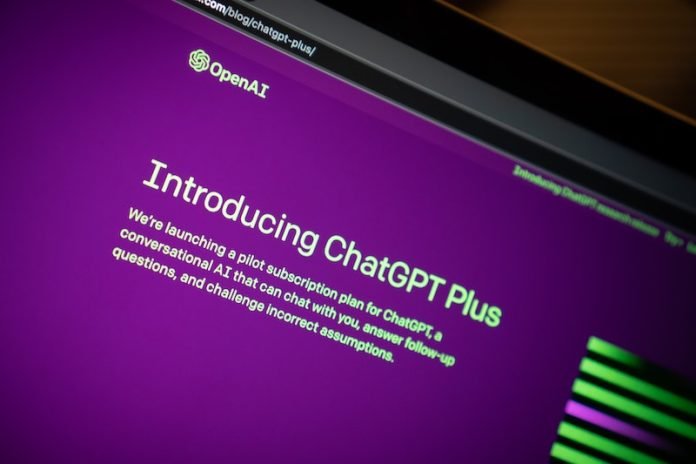
In a groundbreaking study led by Skyler Johnson, MD, researchers evaluated the reliability of ChatGPT in providing information on cancer myths and misconceptions.
Using a list of common myths and misconceptions from the National Cancer Institute, the team found that 97% of ChatGPT’s answers were accurate.
This is a promising find, particularly when considering the rising popularity of AI and chatbots as resources for medical information.
Caveats and Concerns
However, this positive finding comes with caveats. The team expressed concerns that some of the answers provided by ChatGPT could be interpreted in ways that lead to poor decisions by cancer patients.
Furthermore, blinded reviewers found that ChatGPT’s language was often indirect, vague, and sometimes unclear.
These limitations could make it difficult for cancer patients and caregivers, who are already navigating a challenging informational landscape, to get the clear and direct guidance they need.
The Critical Need for Accurate Information
The importance of accurate and clear cancer information cannot be overstated.
Previous work by Johnson and his team indicated that misinformation is common on social media and could lead to harmful consequences for cancer patients.
This puts the study on ChatGPT’s cancer information in a broader context, reinforcing the need to ensure that emerging AI-based resources are not just accurate but also easy to understand and interpret.
Next Steps in Research
As AI and chatbots continue to infiltrate the medical information landscape, it’s crucial to understand how often and for what purposes patients are turning to these tools.
Johnson’s team plans to look into how patients are using chatbots to seek cancer-related information, what questions they’re asking, and how accurately AI can answer questions that are uncommon or unique.
Implications
The study serves as a critical reminder that while AI can offer promising avenues for information dissemination, its role should be complementary to expert medical advice, especially when the stakes are as high as they are in cancer care.
Researchers and clinicians must work together to study and understand the capabilities and limitations of AI in this setting, so that patients and caregivers can be better guided in their search for reliable and clear information.
If you care about cancer, please read studies about a new method to treat cancer effectively, and this low-dose, four-drug combo may block cancer spread.
For more information about cancer prevention, please see recent studies about nutrients in fish that can be a poison for cancer, and results showing this daily vitamin is critical to cancer prevention.
The research findings can be found in JNCI Cancer Spectrum.
Follow us on Twitter for more articles about this topic.
Copyright © 2023 Knowridge Science Report. All rights reserved.



